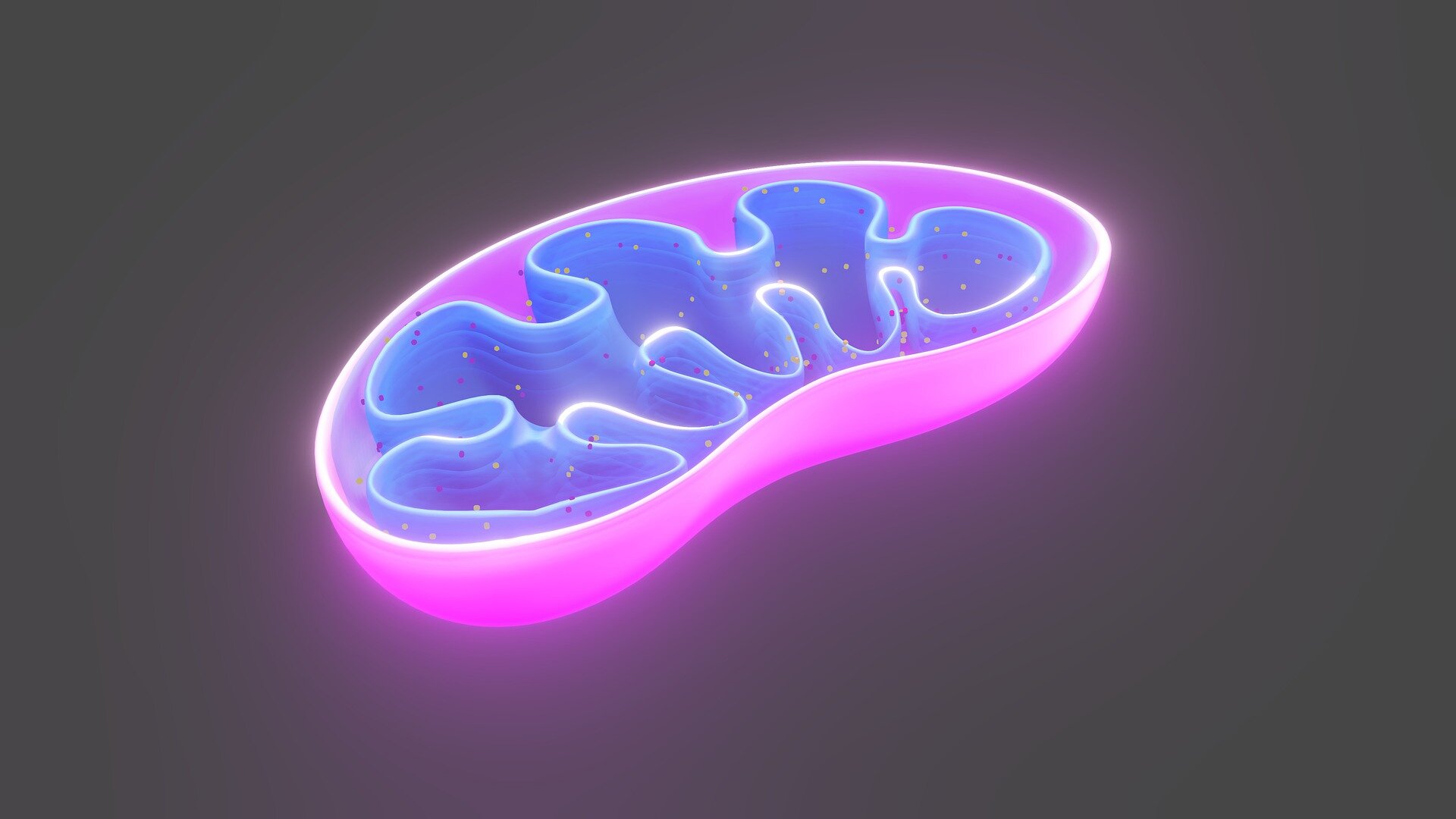As befits the child of a scientist, Martin Picard’s young son, 3, is already learning about biology with an age-appropriate textbook, “Cell Biology for Babies.” Picard winces a little whenever the book calls mitochondria the “powerhouses of the cell” but figures he has plenty of time as his son grows older to explain why the tiny organelles are much more than simple energy sources.
Picard is a leading proponent of mitochondrial psychobiology (a phrase he coined), an emerging field that examines how psychological states like stress influence mitochondrial functions, which in turn influence mental and physical health.
“The powerhouse analogy is outdated and one-dimensional and can impede science by limiting researchers’ perceptions of what mitochondria can do,” says Picard, associate professor of behavioral medicine in psychiatry and neurology.
Among other roles, mitochondria are now known to trigger cell death when needed, synthesize all circulating steroid hormones related to reproduction, and command the nucleus to turn on or turn off genes.
“It makes more sense to think of mitochondria as the information processors of the cell,” he says. “They are equipped with a surprisingly wide variety of receptors to sense what’s going on in the cell, they integrate all this information, and they then tell the nucleus and other organelles what to do to maintain the health of the organism.”
2023-09-21 02:48:02
Original from phys.org rnrn
